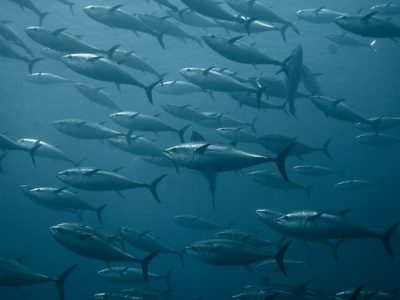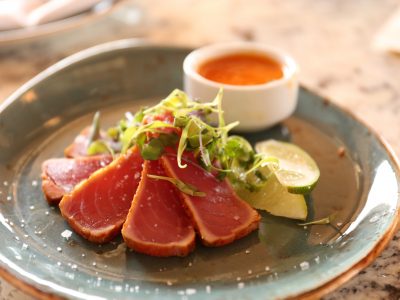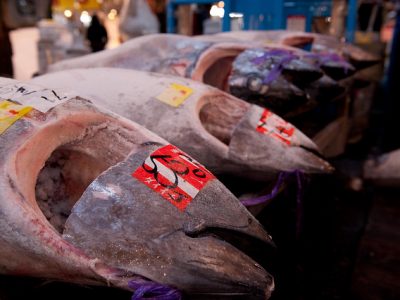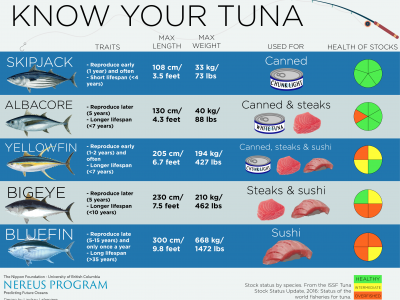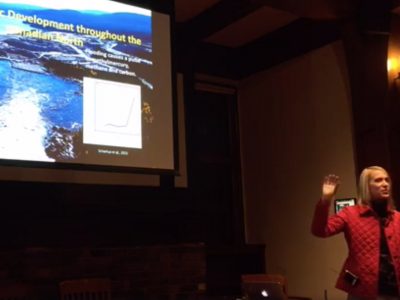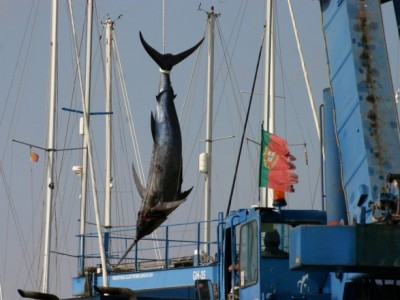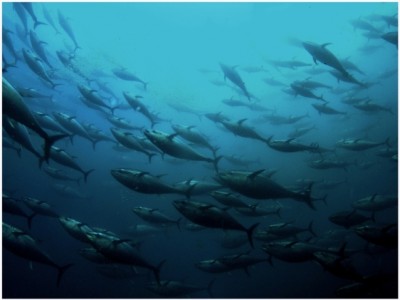Western & Central Pacific Fisheries Commission (WCPFC) Meeting — Managing tropical tunas
The Western & Central Pacific Fisheries Commission (WCPFC) held an Intercessional Meeting, from August 22 to 24 2017 in Honolulu, Hawaii, for negotiations for the conservation and management of highly migratory fish stocks. Nereus Principal Investigator Quentin Hanich (University of Wollongong) was in attendance with new Nereus Fellow Katy Seto, who joined the Nereus network in September 2017 after completing her doctoral degree at University of California at Berkeley.



